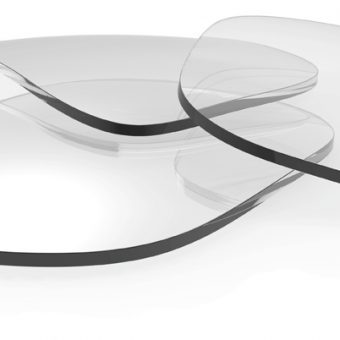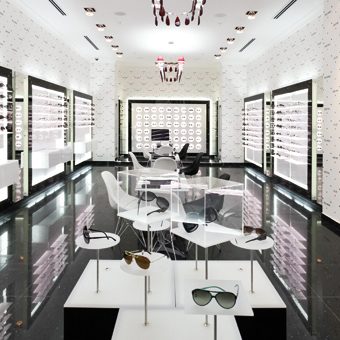Are Varilux Lenses Worth The Extra Money
Ever since the whole buying glasses online box was opened, there has been a decline in product quality and in turn a loss of trust from the consumers in the ability of retailers to provide good quality products. Because really, how do you know you're not getting ripped off? Why is there such a big difference between online lenses, box store (Lenscrafters, Pearl Vision, Walmart, Costco, etc.) lenses, and branded lenses (ie. Nikon, Essilor, Zeiss, Hoya, etc.). What makes it worth it to spend hundreds of dollars versus less than $100 on a pair of lenses? Ultimately, it's about what you think (after being educated) is worth it for you and what your needs are.
What you can't change – your prescription. This highly affects what lenses you should or shouldn't be buying. If your prescription is higher than a + or – 4.00D or you have more than -1.25D of astigmatism I would stay away from online retailers (this is a personal opinion based on my past experiences working with online retailers). This is based purely on the fact that there is no guarantee that the online retailers are able to manufacture your prescription correctly based on only 1 measurement (PD) alone. The higher the prescription, the more sensitive you are to changes. If the lenses are decentered, the clarity of your vision and comfort are being compromised. Online retailers use majority stock lenses for their products – meaning the lens isn't custom made to the patient's prescription for the selected frame (they are not surfaced). Stock lenses are mass produced – no customizations. For lower prescriptions, this is usually fine as the tolerance to inaccuracies and decentration is higher (errors are more tolerable). This is how they can afford to sell lenses for lower prices, they are not paying for the surfacing/customization of the lenses for their customers and only use one measurement so the stock lenses will always "fit" into the selected frames. On the opposite spectrum, when you pay for surfaced lenses (lenses that are made for you in your prescription for your frame selection), you are paying the premium prices for that extra step that is taken to ensure the accuracy of your prescription is where it should be in the lens. Also, premium brands have other options available for lenses to further reduce the distortion and increase the clarity of lenses through digital surfacing and other new technologies not available to online retailers (there's a reason none of the premium lens manufacturers offer their products online). So if your prescription is low enough, it is fine to purchase lenses online without having to worry too much about compromising the quality; however, if your prescription is higher, you will be risking the accuracy and quality of the lenses by purchasing online.


Lens coatings – there is a huge difference in quality here when it comes to online retailers and premium brands. My experience with online retailers has proven time and time again that their coatings are inferior by far. They craze (break down) before they should and don't provide optimal viewing experiences (they're hard to clean and often hinder vision rather than enhancing). Although they may claim to provide the same benefits as premium brands (anti-reflective, anti-glare, anti-scratch, repel dirt, dust, and oils, anti-static, easy-clean, or blue-blocking), I would be highly skeptical of how adequate the coatings are. It is a long process for the premium lens manufacturers to apply these coatings to the surfaced lenses to ensure they adhere properly. Online retailers buy their lenses stock so they are not in control of this process and cannot guarantee the quality. Many companies claim to have a "blue-blocking" coating for their lenses, but it is important to note that all of them are not the same. Premium brand coatings put more money into research and development to ensure their coatings are doing what they claim without compromising the esthetics of the lens. Cheap blue-blocker coatings will have a very evident blue tinge in almost any light versus premium ones aim to only block the harmful blue light (not all blue is bad) so will appear more transparent/visually appealing (their coatings are more selective in the blue light they are blocking vs. "all blue light" in the cheaper versions).

At the end of it, it's what you think is worth your money. Premium lens manufacturers will always cost more – they are not going to reduce their prices to be competitive with lenses that cost a fraction of the price it costs them to make their lenses. In my experience and having a higher prescription, I have happily invested my money in premium brands (Nikon specifically because I haven't had much experience with the other brands as of yet) and not regretted that choice.
Are Varilux Lenses Worth The Extra Money
Source: https://winkoptometry.ca/premiumvsbasiclenses
Posted by: lindsayfatinvand.blogspot.com

0 Response to "Are Varilux Lenses Worth The Extra Money"
Post a Comment